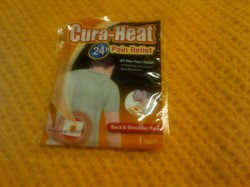The occurrence of alcohol withdrawal often indicates that a person has abused the substance over a long period of time. They have, in most instances, consumed large amounts of it. Though there are approximately 1.2 million hospital admissions for that each year in the United States, many cases of withdrawal happen as an incidental finding [1].
In other words, the individual presents to a health care facility for a separate disease and shortly after admission experiences withdrawal because he or she is not able to drink in the hospital. Indeed, four-fifths of these alcohol-dependent patients will suffer from this while they are already in a facility for something else [1].
Dependence on these types of beverages has no socioeconomic boundaries, and it can afflict those with any level of education, age, gender, racial/ethnic group, or other demographic variable. As a result, the diagnosis is not an easy one for hospital staff because they may overlook wealthy clients or those with much education who appear to function well in the community [1].




 The Reality of Aspirinon 05/24/2021
The Reality of Aspirinon 05/24/2021
 An Old Microbeon 03/31/2021
An Old Microbeon 03/31/2021
 Coronavirus and Mental Illnesson 02/14/2021
Coronavirus and Mental Illnesson 02/14/2021
 Acute Ischemic Strokeon 12/25/2020
Acute Ischemic Strokeon 12/25/2020


Comments
That is a good question. In general, it occurs in people who consume a lot of alcohol over a long period of time.
There will be variation in how severe alcohol withdrawal syndrome will be. For example, elderly people tend to have a lower total body water than young people, and the medical condition may be accentuated in older clients. Also, elderly individuals are likely to take medication for chronic disease such as hypertension, heart disease, and others. The intake of alcohol can lead to interactions with these prescription drugs.
Exercise, diet, and metabolism differences will affect how alcohol interacts with the human body too.
This is valuable information. However, I know there to be varying degrees of alcohol dependency, so I would like to ask whether or not these symptoms are confined to those who are clearly alcoholics or whether they would also be found in patients who have a lower, milder level of frequent alcohol use?